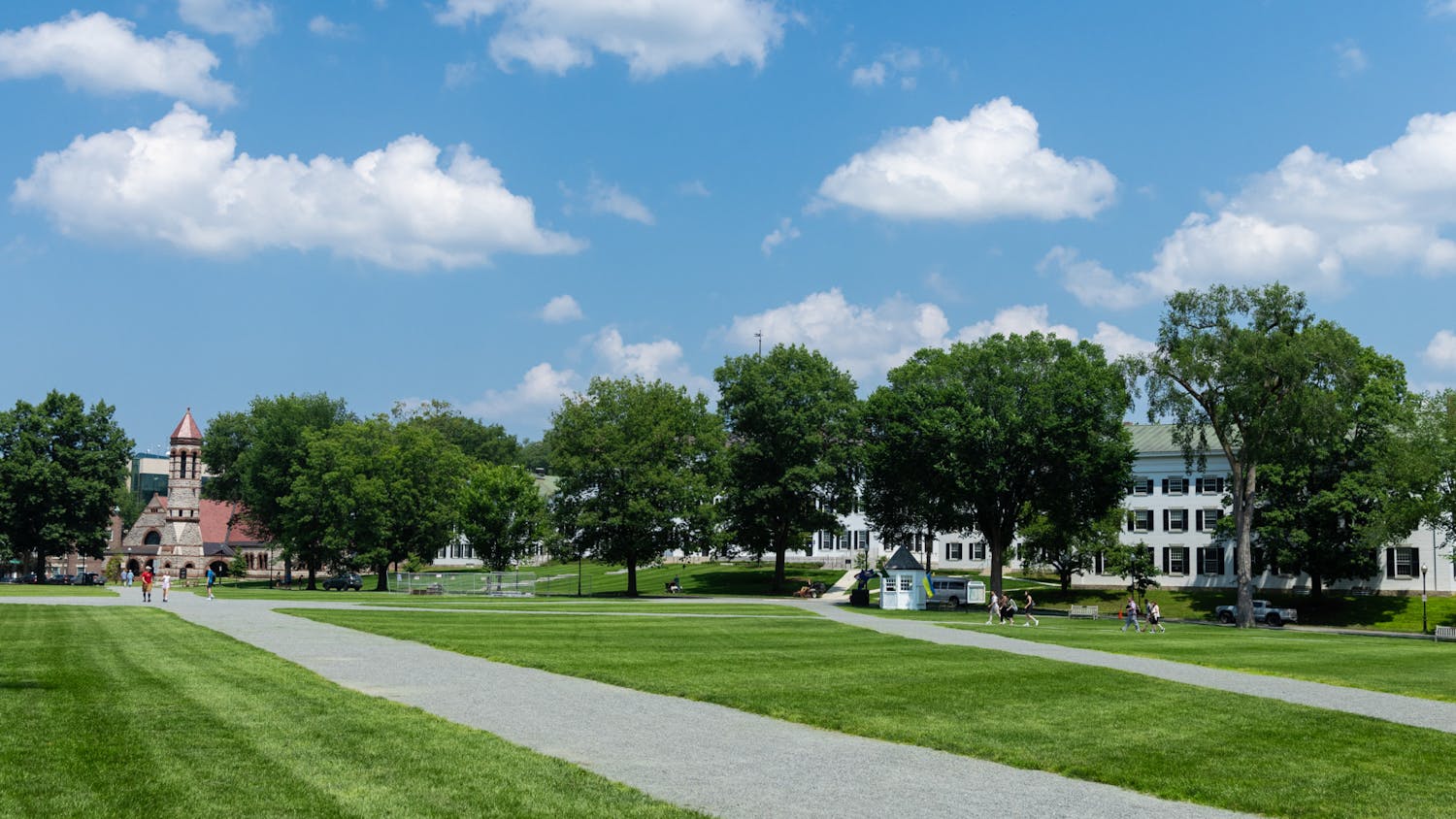A lawsuit brought by John MacGovern '80 against the Dartmouth Association of Alumni was dismissed by the New Hampshire Supreme Court in an April 18 order. The lawsuit originated from MacGovern's claim that the 420 proxy votes he collected on behalf of other alumni for a 2005 officer election should be counted.
"We are pleased with the response because we didn't agree with [MacGovern's] request to use the proxies to begin with," Association First Vice President Merle Adelman '80 said. "It has been brought to the highest court in New Hampshire and they have essentially said no."
MacGovern founded the Hanover Institute, a non-profit organization often critical of the association and the College administration.
At the time of the election in question, October 2005, the association's constitution specified that alumni had to be in Hanover to vote in elections for the executive committee of the association.
With such elections, where there is no statement in the association's constitution about proxy voting and the voting itself is not universal. Macgovern's "claim was that that implies that for the executive committee, voting proxies ought to be allowed because most alumni can't show up," MacGovern's legal counsel, Bill Clauson of Hanover-based Clauson and Atwood, said in a past interview with The Dartmouth.
MacGovern's lawsuit, originally filed in November 2005, was dismissed by the Grafton County Superior Court in August 2006.
"Since there is no statute applicable to the Association that authorizes proxy voting, the Association's Constitution does not provide for proxy voting, and the Association has no bylaw authorizing proxy voting, the Court concludes that the common law rule that members may not vote by proxy applies," the Superior Court said. "Accordingly, Mr. MacGovern's claims fail as a matter of law, and the Association's motion to dismiss is granted."
The state's high court in its most recent order unanimously upheld the lower court's decision.
"The petitioner's allegations fail to 'meet the threshold necessary to intrude upon the association's internal affairs,'" the Court said, according to a statement released by the Association of Alumni. "He has failed to state 'any logical reason for the interference here by the courts in the internal affairs of the [Association] and we can conceive of none.' Accordingly, as the petitioner has failed to demonstrate injustice or illegal action resulting in damage to him, we ... affirm the trial court's dismissal of the petitioner's action."
MacGovern, while disappointed with the outcome of the case, said he believes there was some gain in that ongoing association elections allow for all-media voting, thereby making proxy votes irrelevant.
"The issue has been won in that alumni can vote if they are in Hanover or not," MacGovern said. "That is why I fought to have proxies counted, to make sure that people who are in wheelchairs in Florida or in the armed forces in Iraq can vote."
Adelman said that there is "no win or lose."
"I am glad that we all agree that this is the right direction to be going in," she said. "I am really glad that the suit is over. Suits against the College are unfortunately a cost to the College, and I wish there was a way that the College could get back the money it had to pay."
Neither MacGovern nor Adelman said that they would take the case any further.



